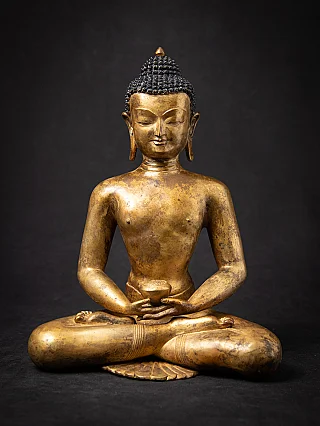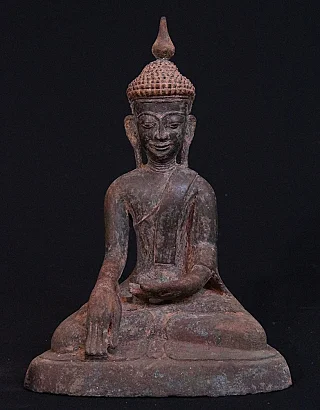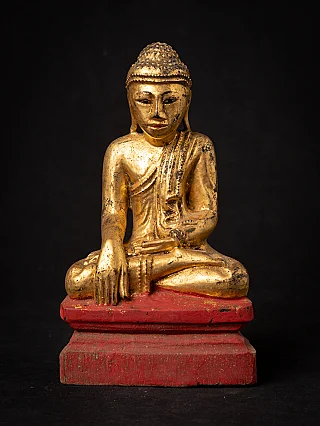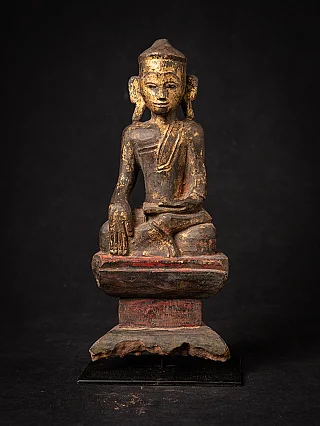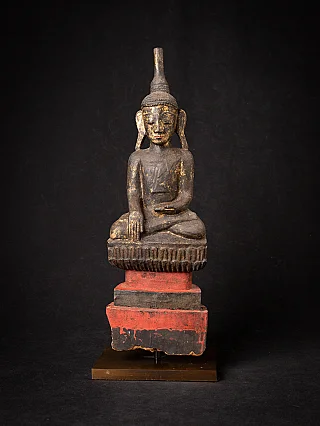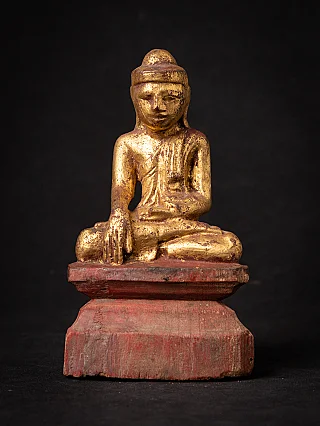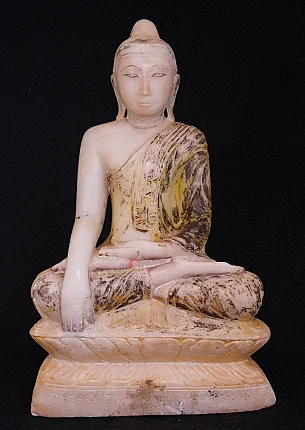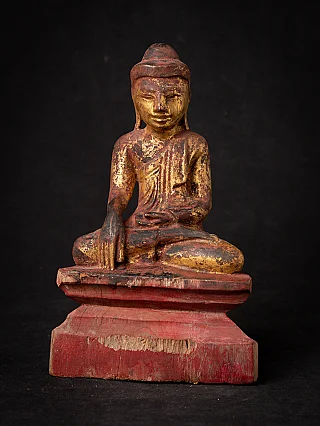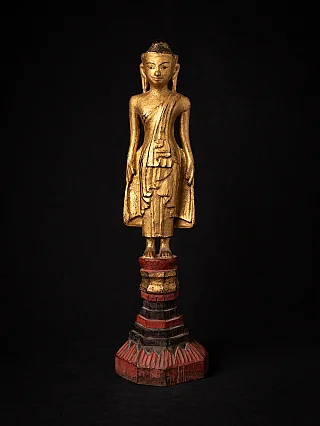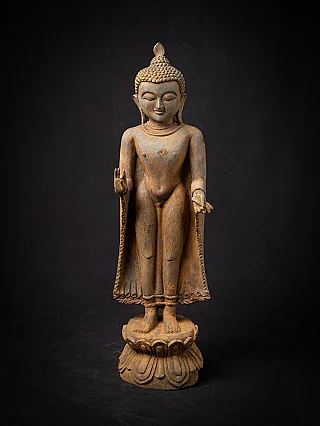Is Buddhism a Religion?
Author : Peter Vredeveld

See here all our Buddha statues
There has been a long-lasting debate worldwide about Buddhism being a religion or a philosophy that describes the way of life or living. Over this long period, no one can explain this - Buddhism is a religion or a philosophy: different people, perspectives, and opinions.
We can only conclude by going through the argument for Buddhism being what? - Religion or Philosophy.
Buddhism as a Religion
Around the world, there are a majority of people who believe it to be a RELIGION – and of course, there should be some reason for them to claim it as a Religion.
What makes people debate Buddhism as a religion? As we know, religion is a belief in and worship of a superhuman controlling power, especially a personal God or god. Buddhism has been here for a long time, and people practiced it for nearly 500 years before the birth of Jesus. Since the start of modern times, Buddhism has spread worldwide, and today, we can see Buddhists on every continent. It is a belief in Buddhism that has made it famous worldwide, and to believe in Buddhism makes it a religion. Like every religion, Buddhism has a philosophy, and like every other religion, when practiced, it becomes a philosophy, a way of life. When we say Buddhism is a religion, it means understanding its art, literature, rituals, and mythology, not only philosophy and practices.
To stress Buddhism as a religion, we should remember Buddha's discussion of the afterlife and the various realms of existence. Buddha mentioned in his sermons in the Thirty-One realms of reality that one has rebirth after death. There were other references to supernatural beings and realms in his first and most famous discourse, The Dhammacakkappavattana Sutta. Most people debating Buddhism as a philosophy often forget these aspects.
"A belief in and worship of a superhuman controlling power, especially a personal God or god!"
Buddhism as a Philosophy
Like white is to black, some counter people believe Buddhism is a Philosophy rather than a Religion. Buddhism is often regarded as "a way of life," but it is more than a lifestyle. So, how do we define Philosophy to strengthen the argument of Buddhism being Philosophy? Philosophy means the rational investigation of the truths and principles of being, knowledge, or conduct. This definition more accurately fits into Buddhism, from the teachings of Buddha, which we often regard as the Dhamma or Dharma, which, when translated, means the ultimate truth or the truth about reality. Buddha, in his teachings, has always supported all of his followers to go for more profound research for his teachings, which can give them better ideas and understanding. In one of his Sutta, he mentioned that nobody should believe in what they hear from their masters or as a part of tradition, as they might not be the absolute truth unless they investigate themselves deeper.
Buddha always emphasized practicing moral principles rather than believing in them through his teachings. Buddha had never described his teaching regarding the Five Precepts as a rigid law but only as guidelines that can be followed for happiness in this or the next life.
Buddha always discussed metaphysical aspects of life or reality, often religion-related. Still, he always made it clear that Buddhism was always about practicing, not about what one knows. To strengthen this argument, there are several cases where Buddha was asked a series of metaphysical questions, which he answered by saying that such questions were insignificant. Such questions are just a waste of time and should be avoided.
What can we conclude?

At last, we can see that each side has a belief to debate. We can never conclude what Buddhism is in real. We all know that religion, at one time, was a Philosophy that, in the long run, became a way of life. Even Buddha told all of his disciples not to worship idols. But since the ages after the death of Buddha, people have been ignorant and praying for Buddha Statues, which was not meant to happen. But this doesn't affect people's beliefs. Some people took the word of Buddha and used Buddha statues as a medium of inspiration for practicing meditation. In both scenarios, people idolize Buddha for their beliefs, praying, and meditation.
Share this page



















